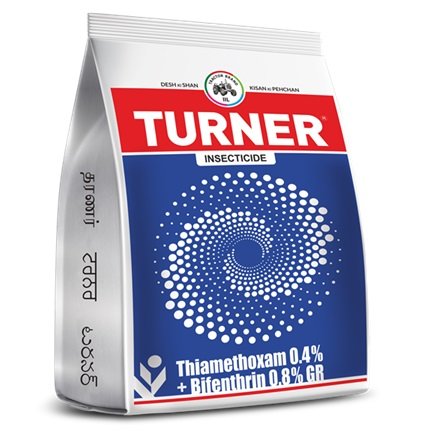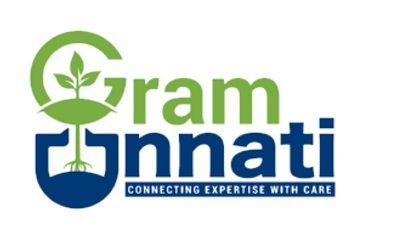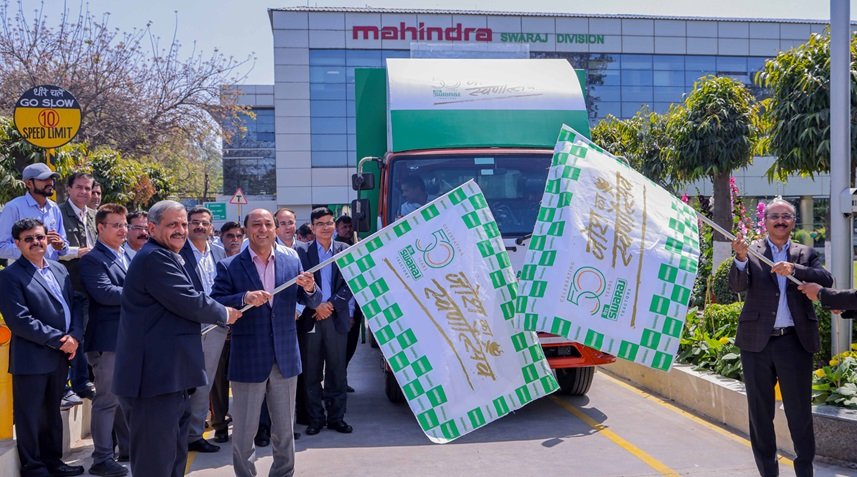Experts opined at a conference “DSR for Sustainable & Profitable Rice Production” organised by the Federation of Seed Industry of India (FSII) in New Delhi.
Direct-seeded rice (DSR) has the potential to bring a reduction in water consumption, cut methane emissions, minimize soil erosion, reduce manual labour, and provide better crop residue management in rice cultivation in India. DSR is a result-oriented and successful method for sustainable rice cultivation in India. The success of DSR lies with the farmers’ confidence. Farmers need confidence that they will get better yield, their plants will establish well, and effectively manage weeds, pests and diseases, experts opined at a conference “DSR for Sustainable & Profitable Rice Production” organised by the Federation of Seed Industry of India (FSII) at The Park Hotel, New Delhi today.
Rice is India’s leading foodgrain crop and is a staple food for the 1.4 billion population of the country. Grown in a variety of agro-climatic zones, according to industry estimates, rice is responsible for 50 per cent of crop-related methane emissions and approximately 40 percent of water consumption in agriculture, leading to depleting groundwater levels, soil degradation due to water runoff, and intensive manual labour in traditional and transplanted rice cultivation.
To successfully drive this transition from transplanted puddled rice to DSR with minimum fear and risk, allowing farmers to experience first-hand convenience and an equivalent or higher return on investment would require the agri input industry to closely work with the Central and state governments, plant breeders, farm machinery industry and farmers.
Speaking on the research and development in the field of DSR techniques, Dr AK Singh, Director, ICAR-Indian Agricultural Research Institute (IARI), said, “Ongoing research and development efforts in the field of agriculture aim to improve DSR techniques, develop new varieties, and address any challenges associated with its adoption, ensuring continuous improvement and sustainability. In essence, Direct Seeded Rice in India represents a shift towards more sustainable, resource-efficient, and economically viable rice cultivation practices. As the agricultural landscape evolves, DSR will play a crucial role in meeting the demand of a growing population while addressing environmental and economic challenges.”
“Farmers need to adopt appropriate practices, such as selecting suitable rice varieties and managing weeds effectively, to maximize the benefits of this cultivation method. DSR eliminates the labour-intensive process of rice transplantation, saving on labour costs. Since DSR reduces the duration of flooded fields compared to traditional rice cultivation, it contributes to lower methane emissions. Methane is a potent greenhouse gas associated with flooded rice fields, leading to climate change and global warming,” Dr Singh added.
Speakers during the inaugural session discussed how remunerative is DSR for farmers as compared to traditional and transplanted rice cultivation, challenges in the adoption of DSR, training and capacity building of farmers, developing an ecosystem to encourage DSR adoption and synergies between Central and state government policies.
Addressing the conference, Ajai Rana, Chairman, FSII and Managing Director & CEO, Savannah Seeds, said, “The industry sees DSR as a technological advancement in rice cultivation. Direct seeding through machinery and drones, has the potential to further enhance efficiency and reduce dependence on manual labour, aligning with the modernization trends in Indian agriculture. The shift toward DSR creates opportunities for agribusinesses involved in the production and distribution of seeds, fertilizers, pesticides, and farm machinery. As more farmers adopt DSR, the demand for suitable inputs and equipment is likely to increase.”
“With a growing emphasis on sustainable agricultural practices, the industry recognizes DSR as a practice that contributes to resource conservation. The reduced water usage and lower methane emissions align with global sustainability goals, making DSR an attractive option for environmentally conscious stakeholders. The reduced need for water and seedling nurseries contributes to overall cost reduction in terms of inputs and resources. This is particularly crucial in regions facing water scarcity. DSR is a win-win situation for the farmers. While reducing costs, DSR provides better yields which results in better incomes for farmers.” Rana added.
The benefits of DSR are well known as it is resource efficient, environment and soil friendly, has higher yields and less manpower requirement due to the shift from flooded to direct seeding system which leads to variation in water, tillage, nutrients, the crop faces challenges of weeds, pest and diseases attacks, and lodging.
The majority of rice farmers constantly struggle with issues of water availability and cultivation costs. Rice is a staple food and has good export potential. At the same time, this rice is resource-intensive and has a severe impact on the environment. DSR promises to address these challenges however this requires the support of government policies and procurement systems to encourage farmers to switch from traditional rice cultivation methods to DSR.
Ultimately, industry players evaluate the economic viability of DSR both for farmers and the broader agricultural value chain. The potential for increased yields reduced input costs, and improved sustainability positions DSR as a valuable component of the agricultural landscape in India.
By Nitin Konde
Experts opined at a conference “DSR for














